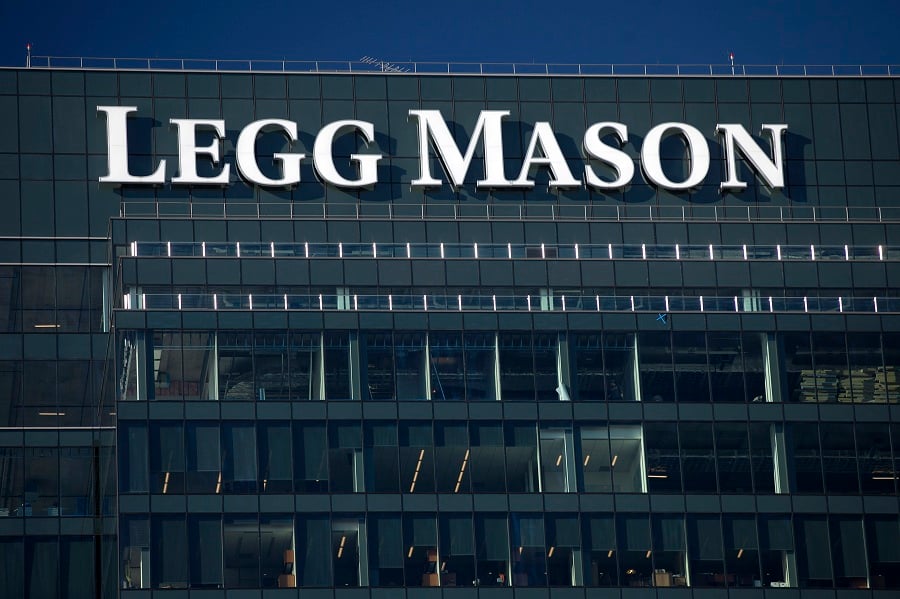Legg Mason Inc. said Wednesday it hired two of Vanguard's top executives in an aggressive move to build an ETF business.
The firm is hiring Rick Genoni and Brandon Clark, executives with extensive experience building funds, managing relationships and shaping the corporate strategy of The Vanguard Group's exchange-traded fund business, the second-largest, in the latest effort by a large adviser-sold fund company to market investment strategies using the fast-growing product.
Mr. Genoni, 46, a 24-year Vanguard veteran who most recently served as the top executive in charge of index-fund and ETF product development and strategy, helped build that firm's speedy growth. In addition to explaining the idiosyncrasies of ETFs to Vanguard customers, Mr. Clark, 40, managed relationships with a web of Wall Street firms, from high-frequency arbitrage traders to securities exchanges, who are essential to the smooth trading of ETFs, with limited transaction costs to investors. That intricate ecosystem is unfamiliar terrain to most mutual fund managers, and to many advisers tasked with trading the products.
Both executives will continue to be based in the Philadelphia area when they start at Baltimore-based Legg Mason next month, according to Thomas Hoops, executive vice president of business development for Legg Mason.
Legg Mason, with $706 billion in assets, hasn't yet publicly disclosed a strategy for its ETF lineup but fund managers looking to launch ETFs have several options, including teaming up with or buying existing companies.
“It's early days,” said Mr. Hoops. “When people think of the ETF opportunity, they think it begins and ends with traditional market-cap weighted indexing and that business, it's a rivalrous oligopoly. We don't feel a need to create a set of market-cap index ETFs.”
Legg Mason sells funds produced by its affiliate brands — including Western Asset, ClearBridge Investments and QS Investors — through every top U.S. broker-dealer. But its wholesalers lack a set of ETFs to offer advisers who prefer that product.
Top fund managers have been slow to embrace ETFs despite their growth to $2 trillion in the U.S., in part because the structure of the funds requires near-immediate disclosure of portfolio holdings for active managers.
Several top mutual fund managers still lack an articulated ETF strategy, but they're increasingly moving to fix that.
JPMorgan Chase & Co. launched its first ETFs last year,
offering exotic index-based strategies. Fidelity Investments
started a strategic partnership with sometime-rival BlackRock Inc. and
launched some of its own funds. American Funds, the largest fund firm without ETFs, said it was leaving “options open” after
securities regulators approved one of its proposals to offer the funds.
Vanguard wasn't exactly early to ETFs, but it's built a dominant franchise. It launched its first ETFs in 2001, after the largely index-tracking product had been trading in the U.S. for eight years, over the objections of founder John C. Bogle, who said at the time the products were “like handing an arsonist a match.” The next year, Vanguard launched
its first unit specifically focused on selling ETFs to advisers.
Vanguard
has profited from both moves. Many of its index-based strategies translated easily into ETFs. And advisers, less likely to get paid on commissions attached to mutual funds, favored the low cost, ease of trading and tax efficiency touted among the benefits of ETFs.
Vanguard, with $3 trillion under management, is now the world's top mutual fund company, by assets, and the second-largest in ETFs, after BlackRock unit iShares. Advisers account for half of their sales.
“We have a very broad and deep bench here at Vanguard,” said David Hoffman, a spokesman for the firm, which is based in Valley Forge, Pa.







